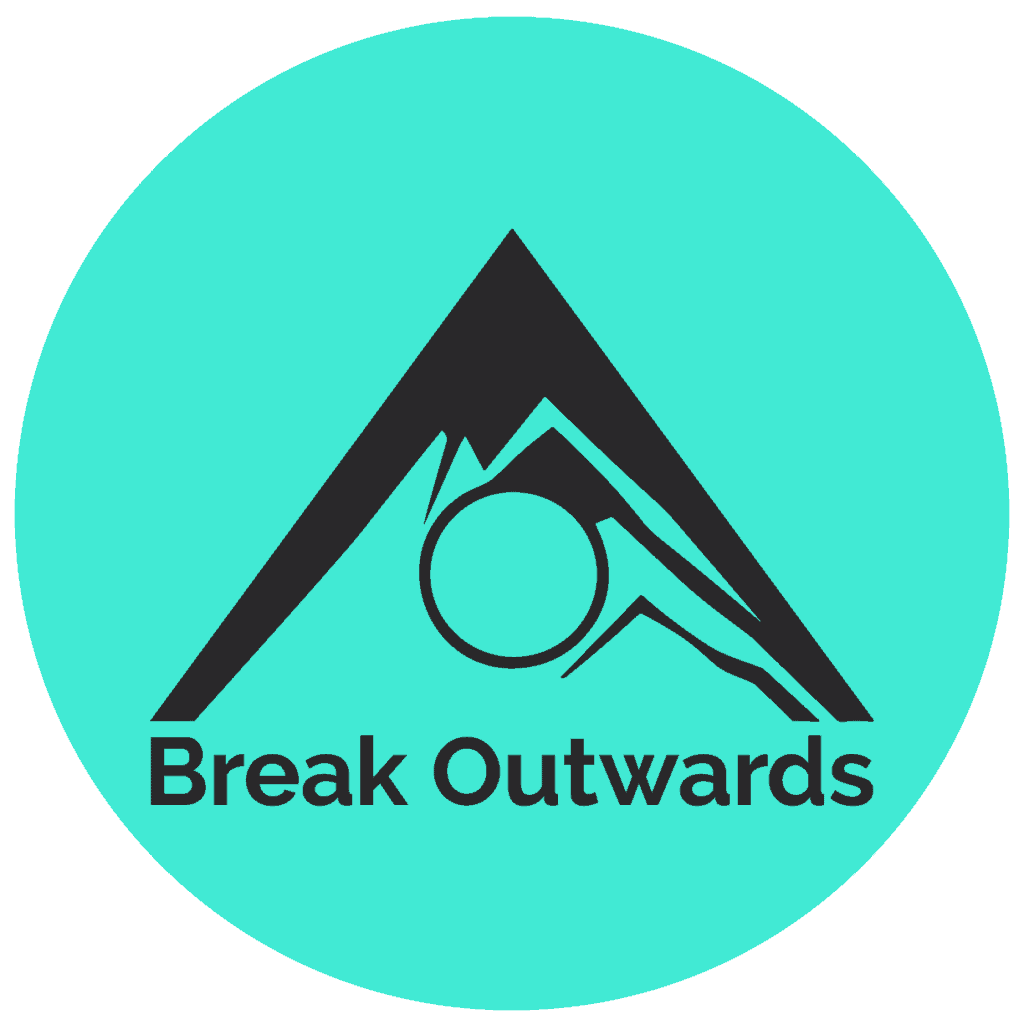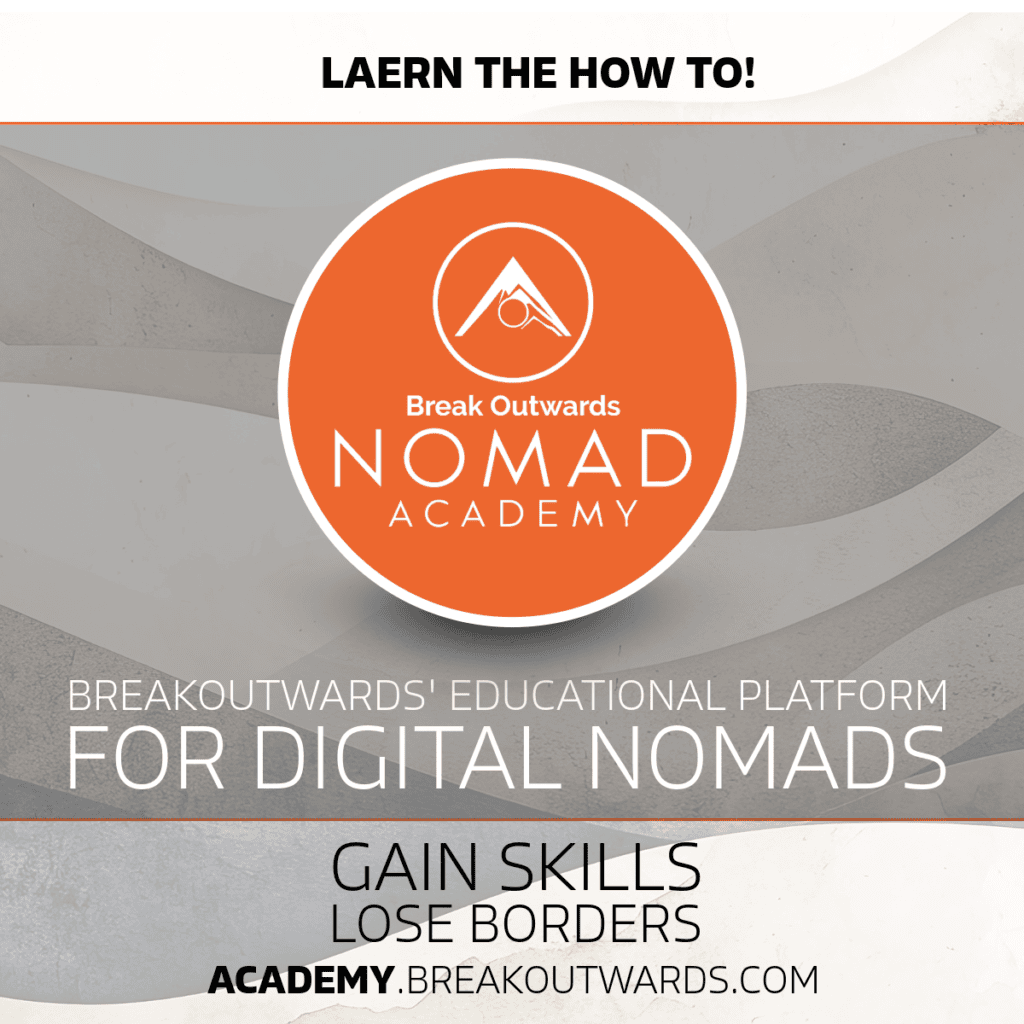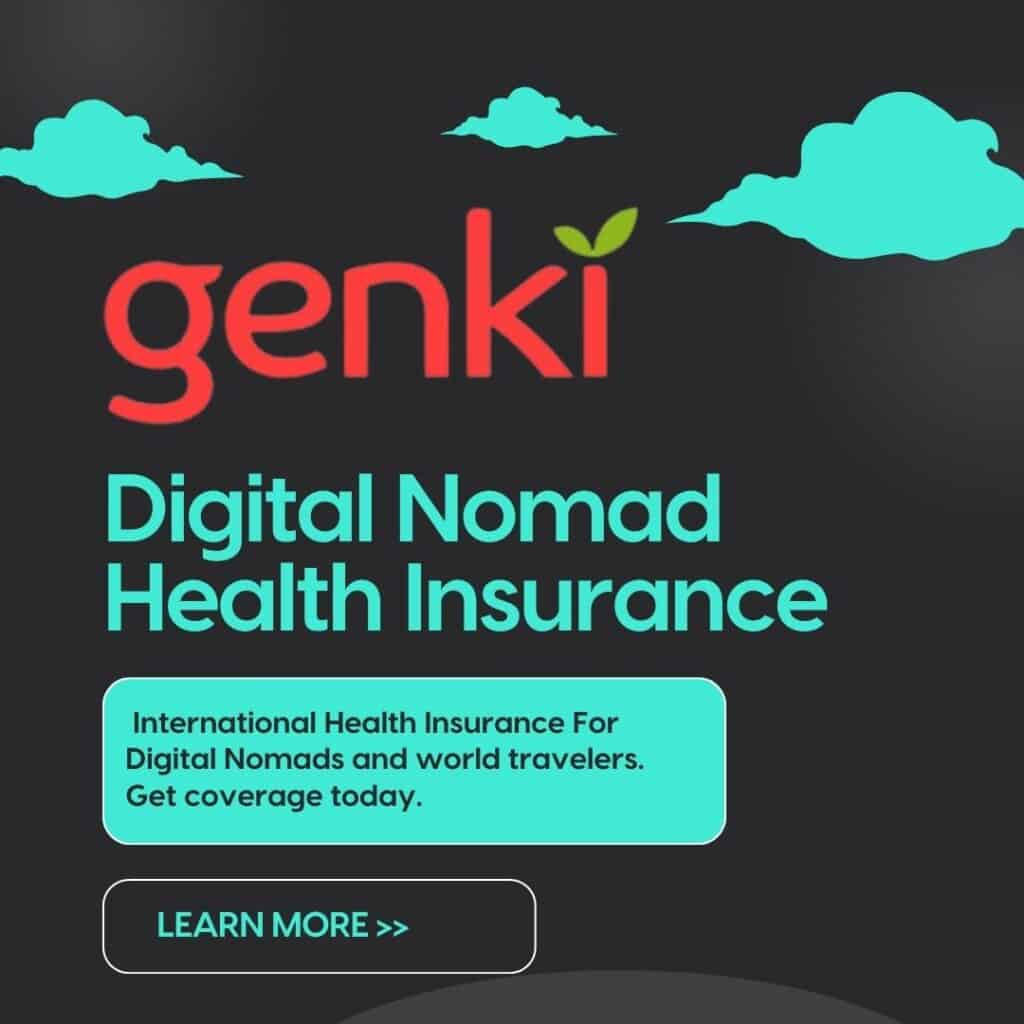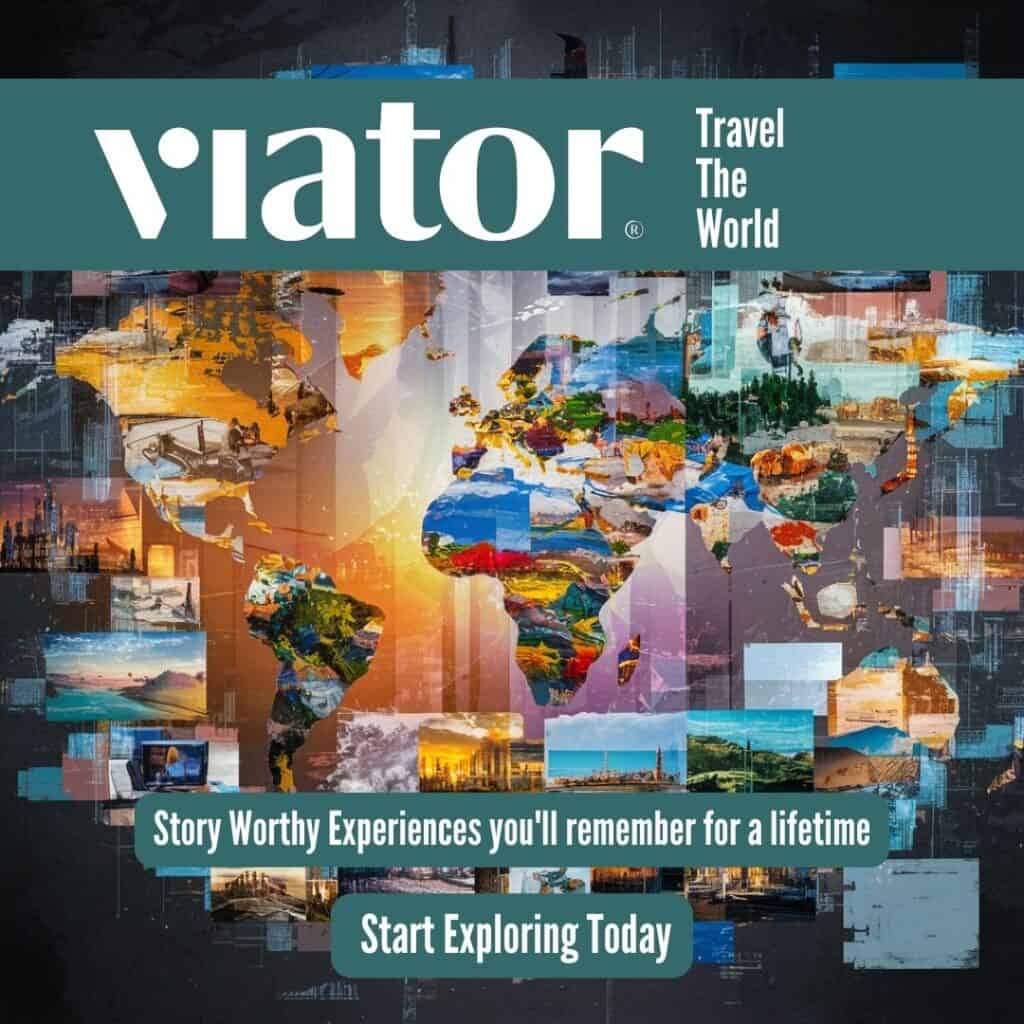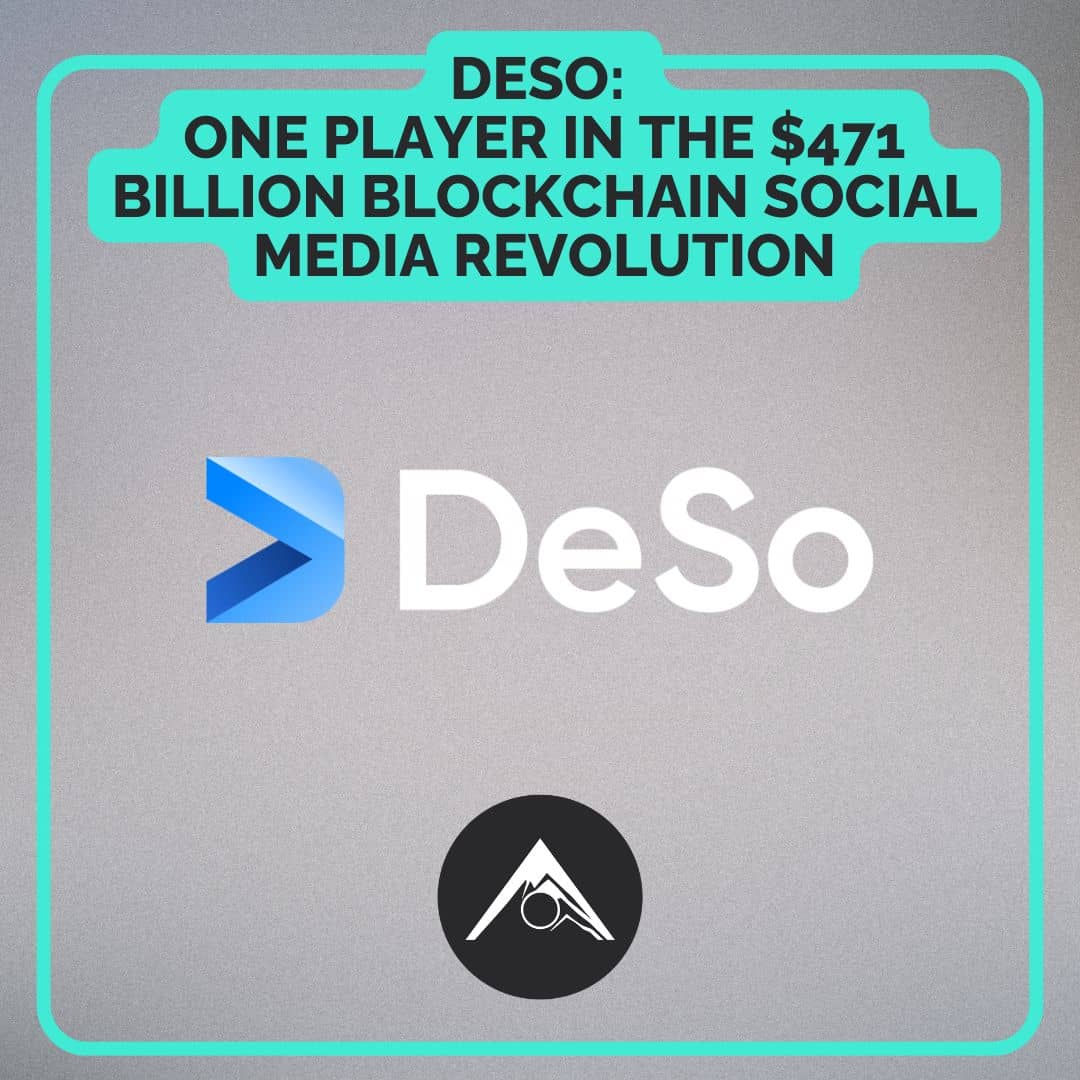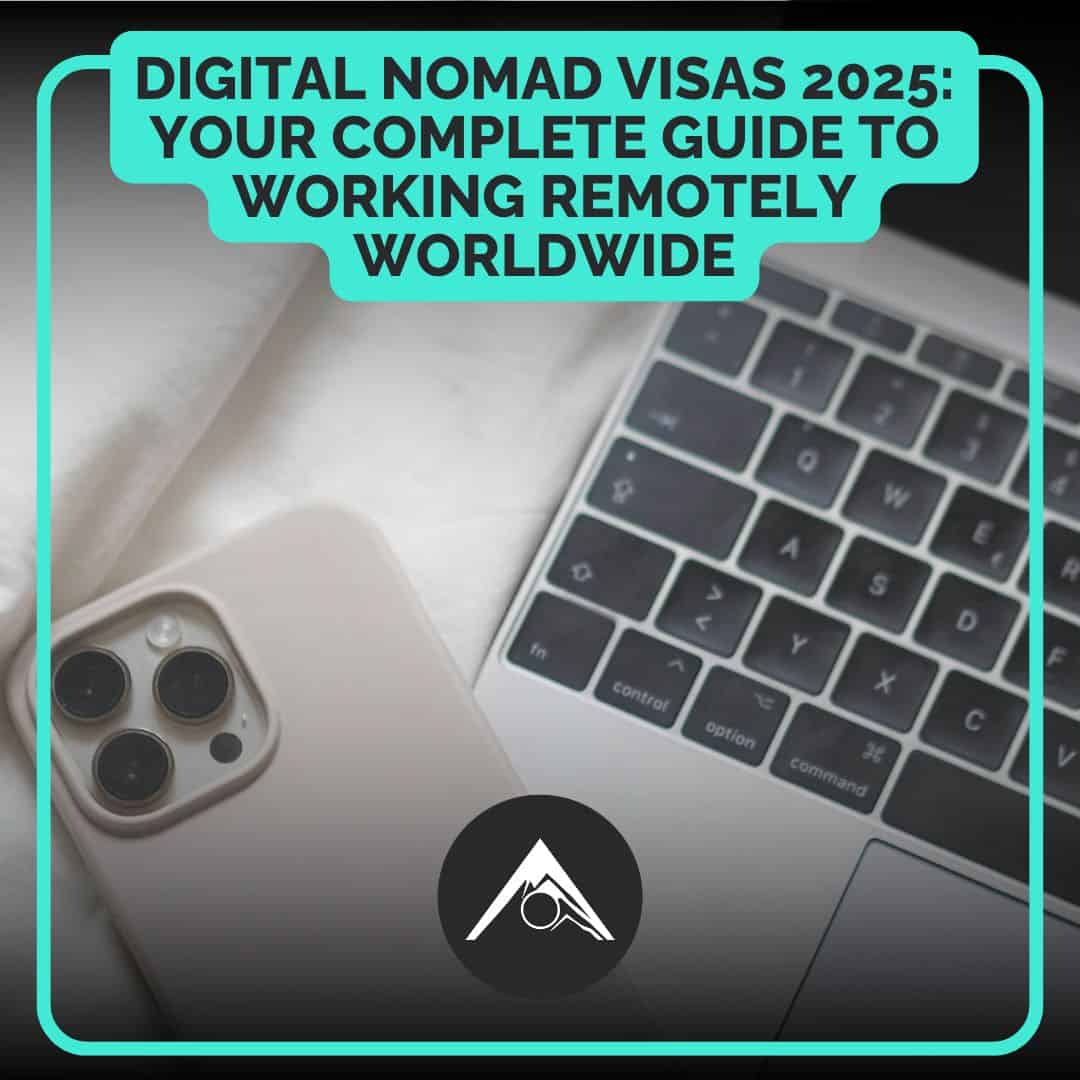Digital Nomad Professional Identity: When to Call Yourself a Digital Nomad vs. Your Professional Title
Introduction
“So, what do you do?”
It’s a seemingly innocent question that we’ve all encountered at networking events, social gatherings, or while meeting new people during our travels. For those embracing a location-independent lifestyle, this common icebreaker presents a unique challenge: Do you identify as a “digital nomad” or lead with your specific professional title? What is your digital nomad professional identity.
The choice between saying “I’m a digital nomad” versus “I’m a senior software engineer who works remotely” isn’t merely semantic—it can significantly impact first impressions, professional opportunities, and social connections. As the world of remote work continues to evolve and location independence becomes increasingly mainstream, understanding when and how to present your professional identity becomes an important social skill.
In this article, we’ll explore the nuances of this identity dilemma, examining the advantages and disadvantages of each approach and offering guidance on navigating different contexts effectively.
The Power and Limitations of the “Digital Nomad” Label in your digital nomad professional identity
What Does “Digital Nomad” Actually Communicate?
When you introduce yourself as a digital nomad, you’re immediately communicating several things:
- Lifestyle-Focused Identity: You’re highlighting your chosen lifestyle of location independence and travel over your specific professional role.
- Value Alignment: You’re signaling values that often resonate with this community—freedom, adventure, global citizenship, and breaking from traditional work environments.
- Community Connection: You’re identifying with a growing global movement and potentially creating an instant connection with others who share similar lifestyles.
However, the term “digital nomad” is deliberately broad. It encompasses everyone from freelance writers and virtual assistants to high-level executives and software engineers working remotely—roles with vastly different skill levels, incomes, and professional standings.
The Benefits of the Digital Nomad Introduction
There are certainly contexts where leading with “I’m a digital nomad” can be advantageous:
1. Social and Travel Settings
In hostels, coworking spaces, or travel-focused social events, identifying as a digital nomad can create immediate connection points. It opens conversations about travel experiences, remote work tips, and lifestyle choices rather than diving into the specifics of your work.
“When I’m at a digital nomad meetup or a coworking space in Bali, saying I’m a digital nomad helps me find my tribe quickly,” shares Alex, a remote UX designer. “It creates an instant understanding that we share similar lifestyles and challenges.”
2. Simplifying Complex Roles
For those with multifaceted careers or roles that are difficult to explain to non-industry people, “digital nomad” can serve as a useful shorthand that avoids getting bogged down in technical explanations.
3. When Your Travel Lifestyle Is More Relevant
In casual conversations where your work isn’t the focus, the digital nomad label efficiently communicates your lifestyle without unnecessary professional details.
The Drawbacks of the Digital Nomad Introduction
Despite these benefits, there are significant potential downsides to leading with this identity:
1. Diluting Professional Credibility
The term “digital nomad” can sometimes carry connotations of impermanence or lack of professional commitment. For high-skilled professionals, it might inadvertently diminish the expertise and experience you bring to the table.
“When I was fundraising for my startup while traveling, I quickly learned to lead with my founder title rather than my nomadic lifestyle,” explains Maria, CEO of a tech startup. “Investors needed to know I was serious about my business, not just my next destination.”
2. Reinforcing Stereotypes
Unfortunately, stereotypes about digital nomads—that they’re just on extended vacations, work sporadically, or aren’t committed to professional growth—persist in many circles, particularly among more traditional business professionals.
3. Inviting Misunderstanding
For many people unfamiliar with remote work culture, the term “digital nomad” may be confusing or conjure images that don’t accurately represent your actual professional reality.
The Professional Title Approach: Benefits and Considerations
The Power of Professional Specificity
Introducing yourself by your professional title or role—”I’m a senior software engineer” or “I work as a marketing consultant”—centers your identity on your expertise rather than your work location.
Advantages of Leading with Your Professional Title
1. Establishing Immediate Credibility
In professional contexts, business meetings, or when networking for opportunities, leading with your specific role and expertise signals your professional identity and can command immediate respect.
“I always lead with my title as a cybersecurity analyst when networking at industry conferences,” notes Jamie, who works remotely while traveling. “It immediately frames the conversation around shared professional interests rather than my lifestyle choices.”
2. Creating Clearer Expectations
Your professional title communicates specific skills, expertise, and potential value you can offer, creating clearer expectations for potential clients, collaborators, or employers.
3. Opening Industry-Specific Conversations
Stating your professional role can open doors to more substantive discussions related to your field, potentially leading to professional opportunities or valuable connections.
When the Professional Title Approach Falls Short
However, there are limitations to the professional-first approach:
1. Missing Lifestyle Connections
By focusing solely on your professional identity, you might miss opportunities to connect with others over shared lifestyle interests and experiences.
2. Inviting Work-Focused Conversations
In purely social contexts or while on vacation, leading with your professional title might steer conversations toward work rather than more enjoyable topics.
3. Creating Distance in Certain Communities
In spaces where alternative lifestyles are celebrated, a strictly professional introduction might seem overly formal or create unnecessary distance.
The Hybrid Approach: Contextual Identity Navigation
Rather than viewing this as a binary choice, the most effective approach is often contextual—adjusting how you introduce yourself based on the specific setting, audience, and your objectives in that interaction.
Context-Based Identity Choices
Consider these factors when deciding how to introduce yourself:
1. The Setting and Purpose
- Professional contexts (client meetings, industry events, job interviews): Lead with your professional title and expertise.
- Travel and social settings (hostels, travel groups, social events): The digital nomad identity might be more relevant.
- Digital nomad-specific spaces (nomad conferences, remote work communities): Either approach can work depending on your goals.
2. Your Audience
- Who are you speaking with? Another professional in your field? A potential client? A fellow traveler? Tailor your introduction accordingly.
- What will resonate most with this specific person or group?
3. Your Goals for the Interaction
- Are you seeking professional opportunities, social connections, travel companions, or something else?
- Does highlighting your professional expertise or your lifestyle better serve these goals?
The Art of the Balanced Introduction
Many successful location-independent professionals have mastered the art of the balanced introduction—one that acknowledges both their professional identity and lifestyle choices when appropriate:
“I’m a software developer who works remotely while traveling around Southeast Asia.”
“I work as a marketing consultant, which allows me to live as a digital nomad and work from anywhere.”
These formulations maintain professional credibility while also opening the door to lifestyle conversations when relevant.
Practical Scenarios and Approaches
Business Networking Event
Recommended approach: Lead with your professional identity, with a brief mention of your remote work arrangement if relevant.
“I’m a senior graphic designer specializing in brand identity. I work with clients globally while being location-independent.”
Digital Nomad Meetup
Recommended approach: The digital nomad identity can take center stage here, as it’s already the common ground.
“I’m a digital nomad who’s been on the road for two years. I fund my travels through my work as a content strategist.”
Meeting Locals While Traveling
Recommended approach: Consider a simplified professional introduction that’s easily understood across cultures.
“I work with computers/writing/design and my job lets me work from anywhere, so I’m traveling through your country for a few months.”
Job Interview or Client Pitch
Recommended approach: Emphasize your professional credentials, experience, and reliability, with your location independence as a secondary factor.
“I’m a full-stack developer with eight years of experience in fintech. I’ve been working remotely with distributed teams for the past four years.”
Conclusion
The decision to introduce yourself as a digital nomad or by your professional title isn’t merely a matter of personal preference—it’s a strategic choice that can significantly impact how others perceive and interact with you. By thoughtfully navigating this identity dilemma based on context, audience, and your personal goals, you can create more meaningful connections and opportunities across both professional and social spheres.
The most successful location-independent professionals don’t rigidly adhere to a single identity but rather develop the social intelligence to know when each aspect of their work-life reality deserves emphasis. In doing so, they enjoy the best of both worlds: the professional respect their expertise deserves and the lifestyle connections that enrich their nomadic journey.
Whether you choose to lead with your professional title, embrace the digital nomad identity, or find your unique balance between the two, what matters most is authentically representing yourself while being mindful of the impact your chosen introduction might have in different contexts.
